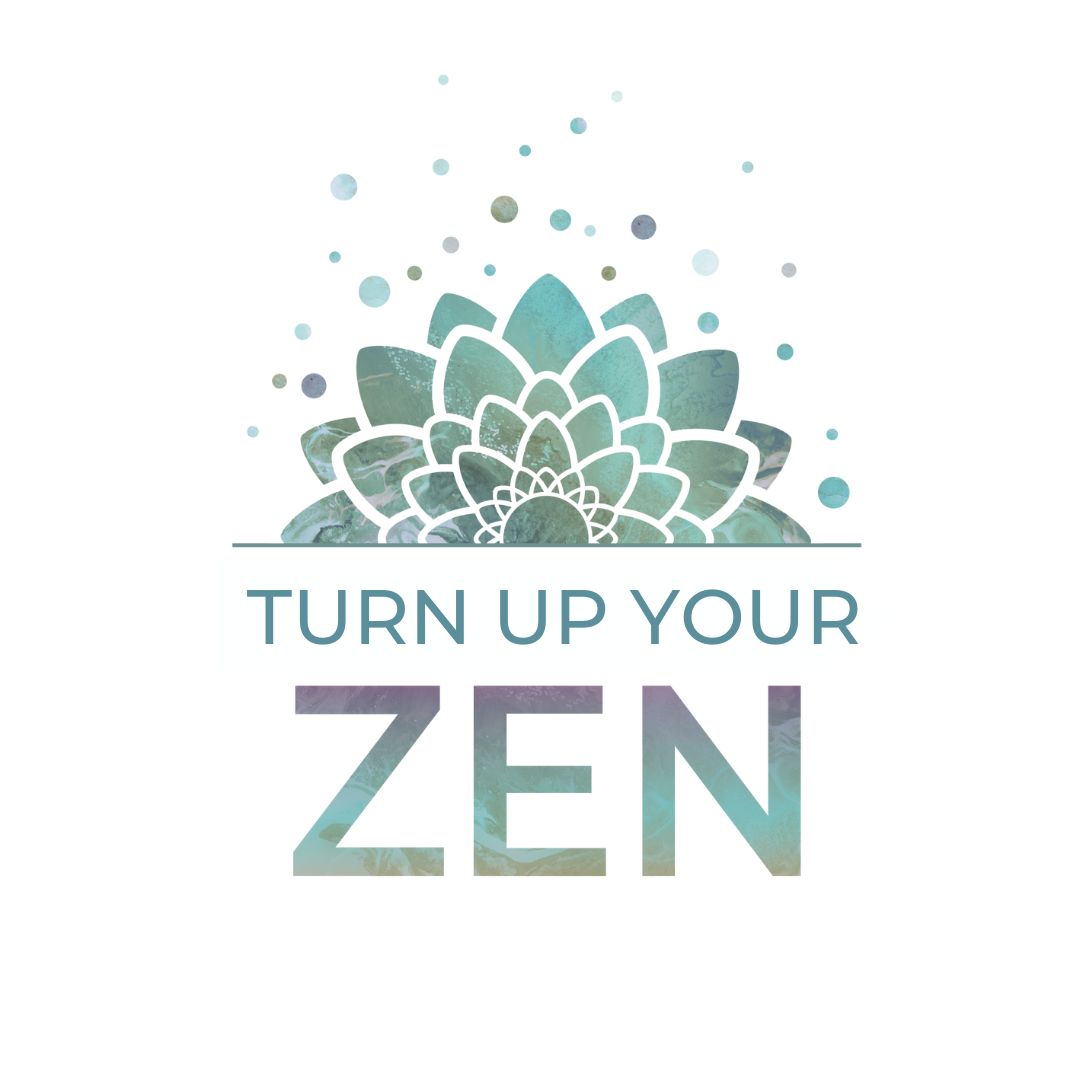Months of lockdown in Sydney & Melbourne have led to reports of declining mental health: Being disconnected from loved ones, challenged by the solitude of working from home, attending endless zoom meetings, home schooling and a multitude of other adjustments, its been a tough gig for the majority. However there’s been little reported about the improved mental health for those who’ve found comfort during lockdown and possibly even thrived at home with external demands from the outside world considerably reduced.
Lockdown enforced a non-negotiable boundary which created the perfect excuse for saying “no”. And whilst some felt like they’d been grounded and sent to their room for days and weeks of solitude and boredom, others have relished in the imposition with more time to rest, replenish and daydream and less time keeping up with others.
If you identify with the latter, you may be feeling a little apprehensive as we emerge from lockdown and you might be wondering how to preserve some of the balance that’s been restored through moving to a different rhythm. If that’s the case, this blog is for you.
Balancing where you invest your time out in the world vs. your time away from it is an issue of managing your boundaries. And if lockdown gave you a reason to say no, when usually you would say yes, then its likely that managing boundaries may prove challenging as restrictions ease. Let’s explore this, so you can have the best of both.
Firstly, what is a healthy boundary? If you picture an Australian farm with the fencing between properties to define the boundary line where one farmer’s land ends and another’s start, then boundaries are the borders we create to define where our responsibilities end and the responsibilities of others begin. Healthy boundaries allow us to meet our own needs first and like the airplane briefing about air masks dropping in the event of a loss of air pressure, you must attach your own mask before helping others with theirs.
Its not about being selfish, its about recognising that the person responsible for you, is you, and with the exception of young children, the person responsible for another person, is that person.
As parents, managers and leaders, it can be easy to fall into feeling over-responsible for other people, however when we put others first, we put ourselves second and this is where we drop the boundary line.
I know what you are thinking… Tania, that makes perfect sense, but life doesn’t work that way. I have to help other people, its inescapable. And yes, that’s true where its a healthy choice and we have consented agreement, but here’s something to consider. When you put someone else’s needs before your own, who holds the authority? Is the authority inside of you, as in “I’m choosing to do this”, or are you feeling pressure to yield to an external authority known as “other people”, “cultural norms”, “gender expectations”, or “boss/management/peers”? This may look like keeping up appearances, people pleasing and/or peace keeping and doing what’s right and good because of what others might say, think or feel about us.
For many clients in my coaching practice, its this motivation to do things that they feel they must and should that gives their authority away. The only person with the authority to know what your needs are, is you. And its YOUR job to attend to what YOU need.
There’s one more thing to consider before we jump to the healthy boundaries post-lockdown checklist.
Introverts energise by spending time alone and extraverts energise by being around others. Its not an absolute science, there are degrees along the spectrum with some people being highly flexible and ambivert, able to do both (some people are simply more energising to spend time with, whilst others can suck the life out of you). Knowing how you expend and replenish your energy levels is the key to managing your boundaries.
Here’s the promised checklist to managing your boundaries out of lockdown, so you can maintain your energy levels and continue to enjoy the state of replenishment brought about by lockdown:
- Schedule time for your self care — not just eating, sleeping, hygiene and exercise, but also planning time to prepare for these acts of self care. Make them your priority so you maintain a good state.
- Get clear on your values – prioritise the important and big picture goals so that your time both in and out of the home is guided by those. Its true that not everything we have to do is pleasurable or enjoyable, but when it aligns with a value of health & wellness, exercising, spending time with family, doing your taxes all become prioritised as important.
- Know what takes your energy & what gives you energy – be sure that you have more time doing things that energise you than deplete you. Schedule time for the latter, so your cup is full.
- Learn to say “no” to others so you can say yes to yourself. When you show up to yourself and your needs first, you will have the energy you need for those who are important to you. Those who care about you will understand.
- Allocate buffer time. As the invitations pour in, avoid back-to-back catch ups. Give yourself time between for replenishing activities like reading, day dreaming, walking in nature, napping & meditation.
- Recognise the value and importance of things that are not necessarily productive, but nourishing.
